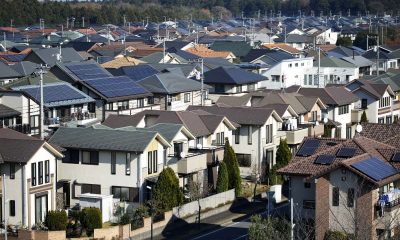

An Uyghur Japanese national urges consumers to stop buying goods tainted with Chinese forced labor and human rights abuses. How about Tokyo's solar panels?
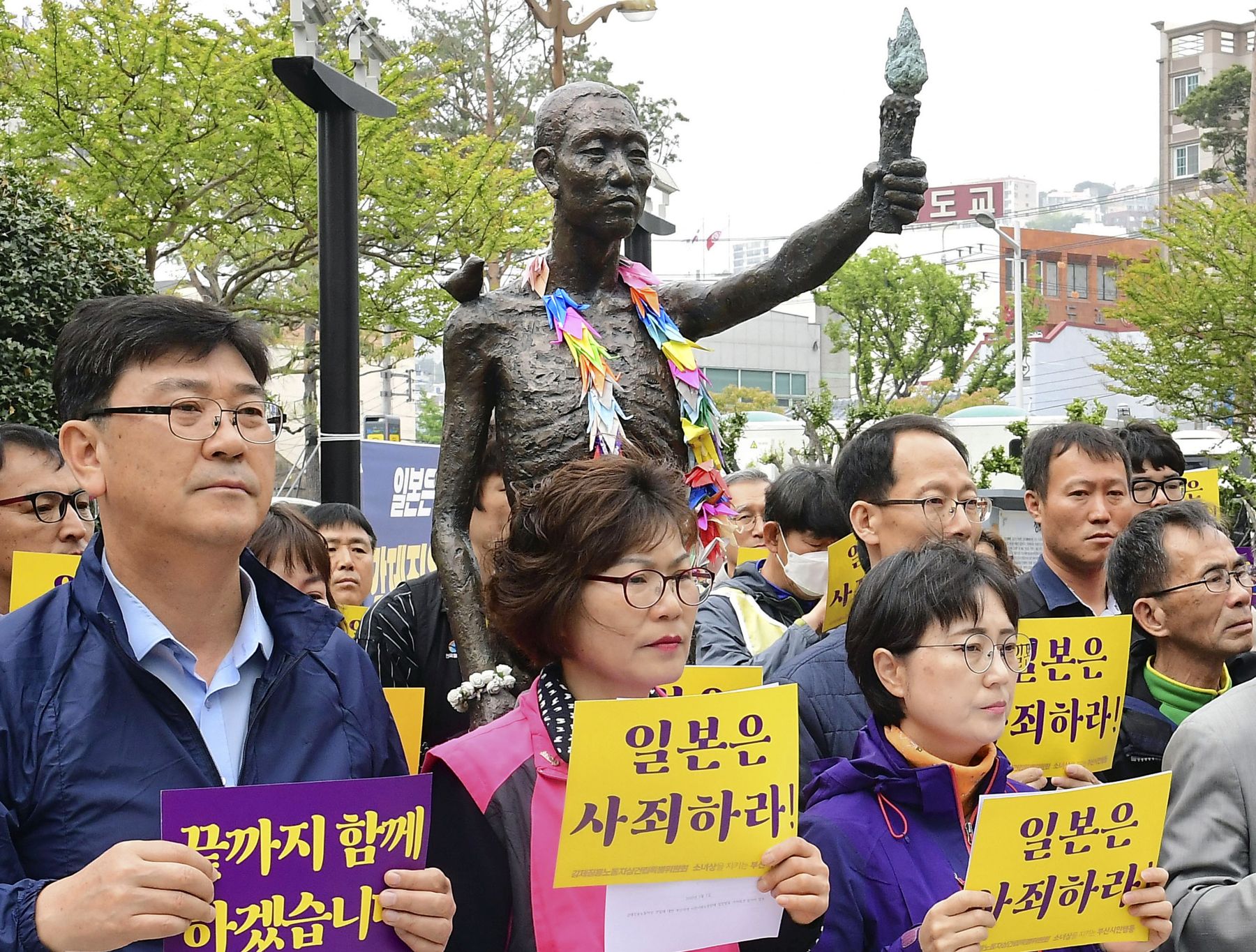

The Seoul Central District Court rules that the case, which the Supreme Court favored in 2018, is a “breach” of the 1965 Japan-South Korea agreement on...
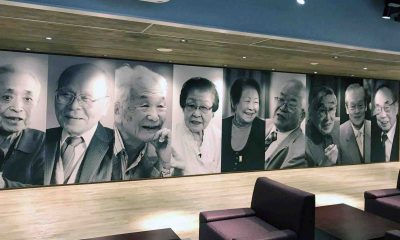

“Ignoring these fake claims is the same as defiling the name of our ancestors who built the prosperity of our hometown. We wouldn’t be able to...
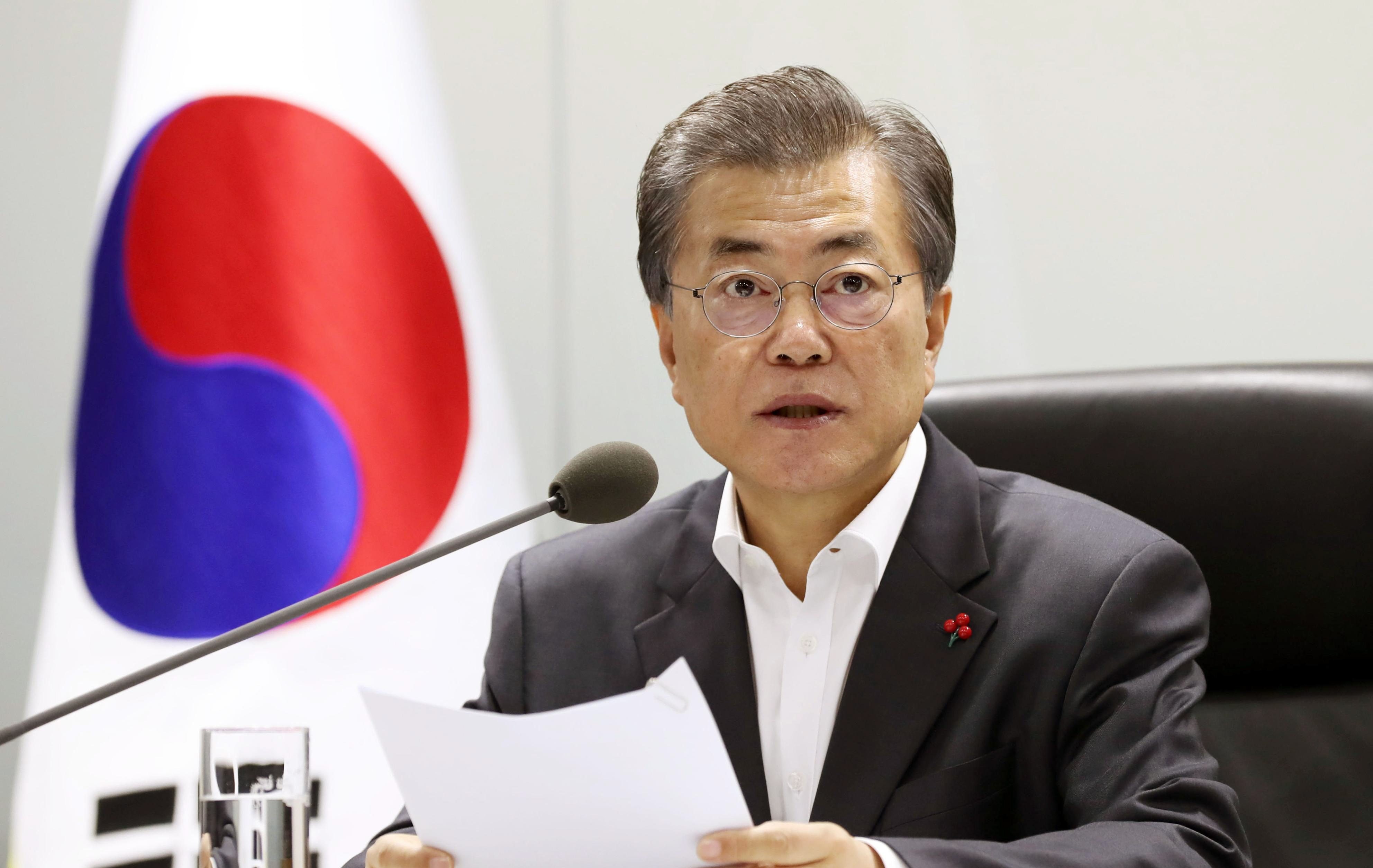

We simply cannot believe our ears. South Korea, which has raised a problem that has already been solved, is now asking Japan to show...
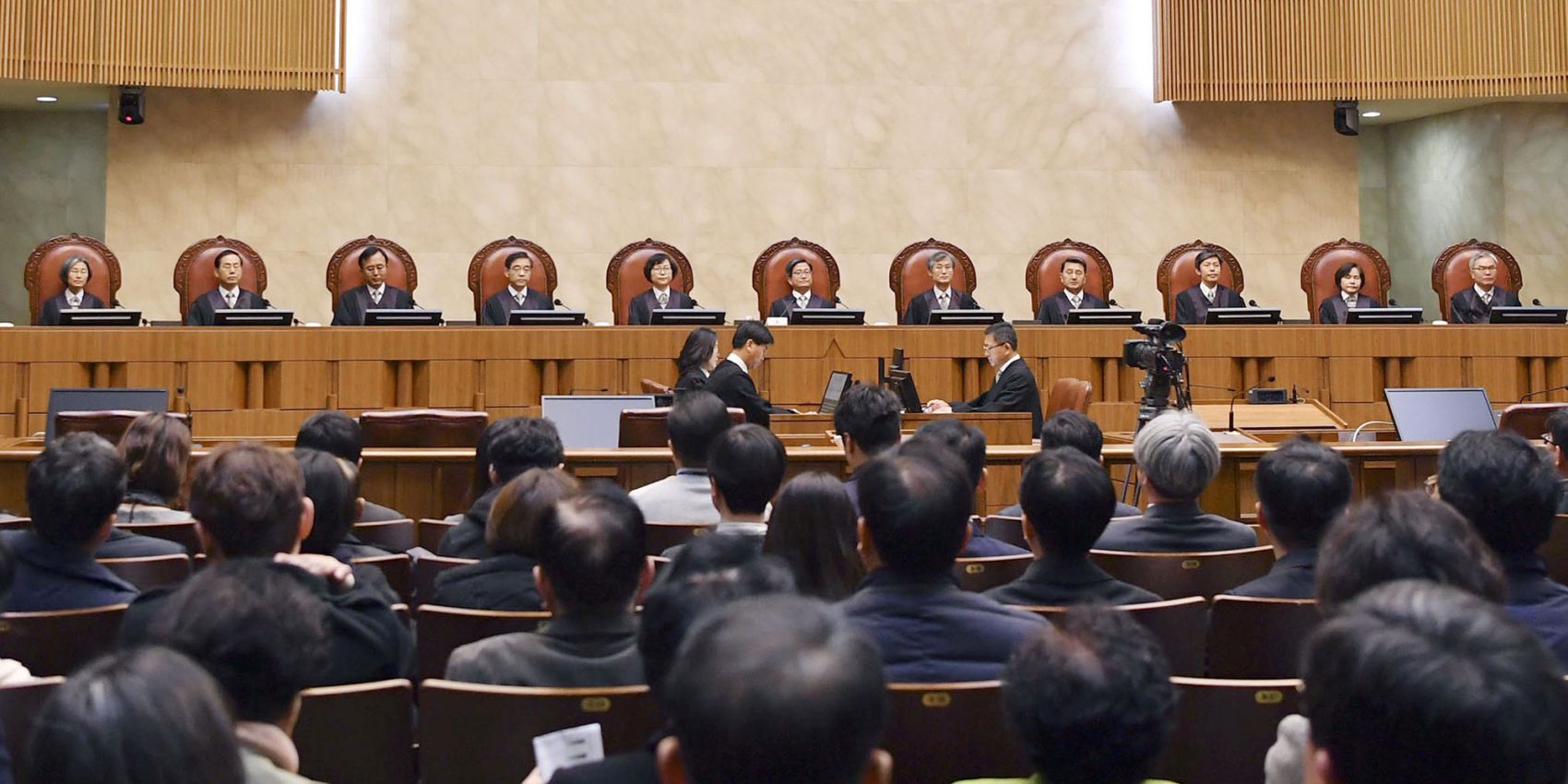
Despite the 1965 Agreement and payments to mobilized laborers, anti-Japan activists, including Japanese lawyers and extremist labor union members, have traveled to South Korea since the...
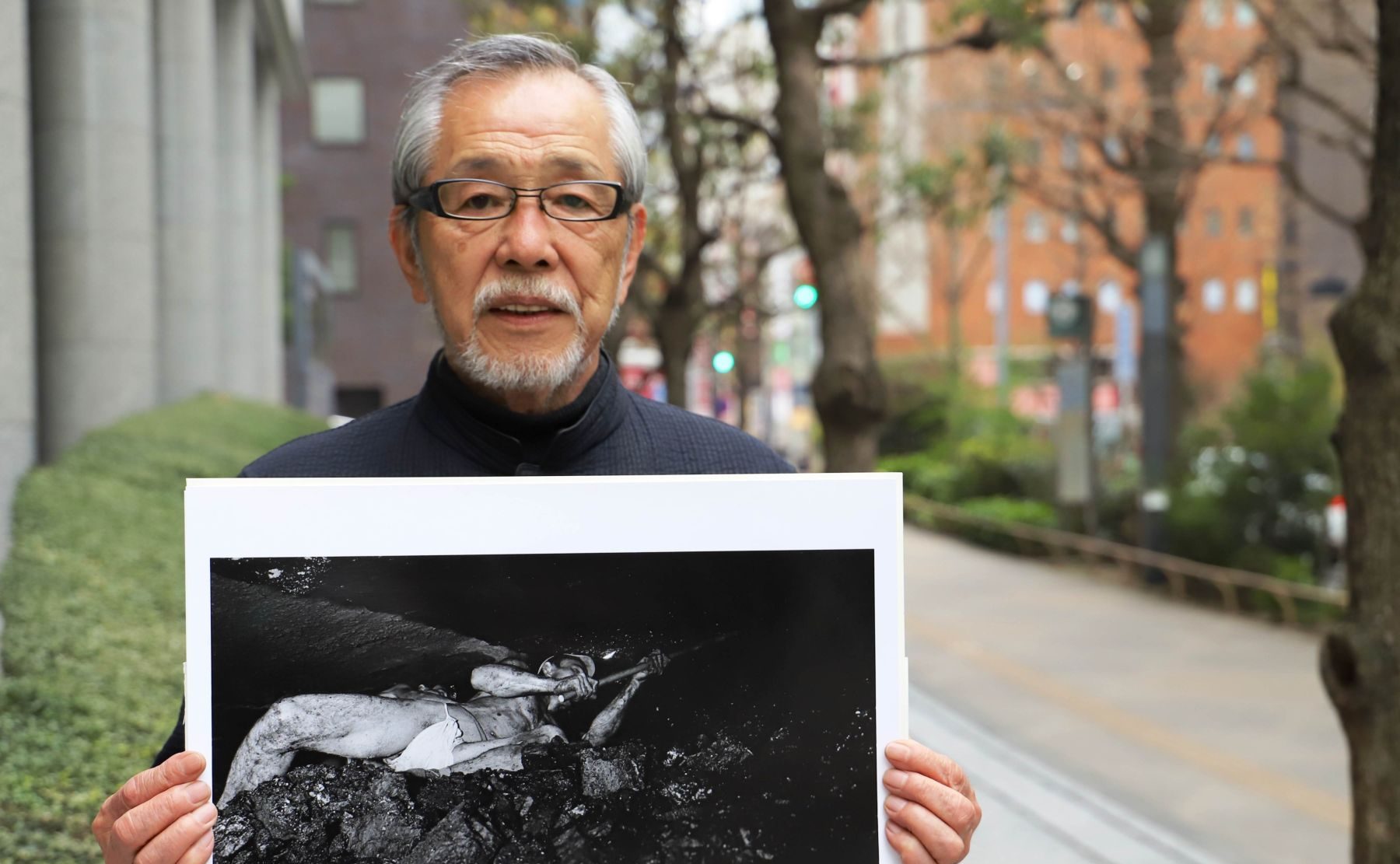
South Korean media have been promoting a photograph of a man working in a coal mine, alleging it shows a Korean conscripted to work under...
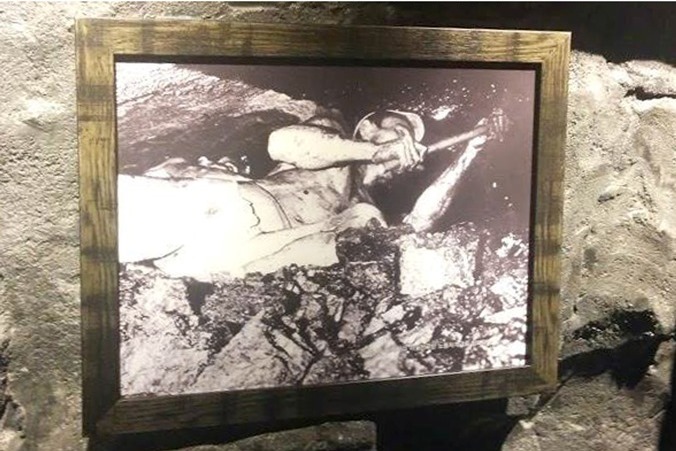

(Second of 3 Parts) Part 1: Lie Debunked: Historical Data Show No Forced Labor for Koreans On February 8, South Korean...


(First of 3 Parts) There is a widely accepted view in Korea that, under Japanese rule, mobilized Koreans were made to work like...
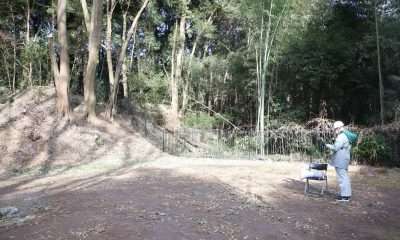

Gunma prefecture removed the monument after the association broke its promise and defied the Supreme Court order to remove the politicized statue from the park.
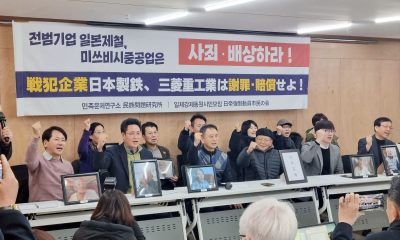

South Korea must adhere to its agreements or lose international trust. It must recognize those parties out to destroy the foundations of Japan-Korea relations.
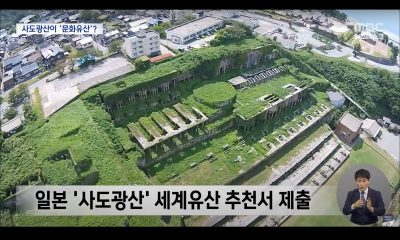

"The best solution to resolving historical disputes is by promoting the facts" — Hwang Uiwon, editor-in-chief of MediaWatch, at the wartime labor history forum.


The wartime labor settlement only presents a band-aid solution. After all, the next South Korean government could dredge the whole dispute back up again.